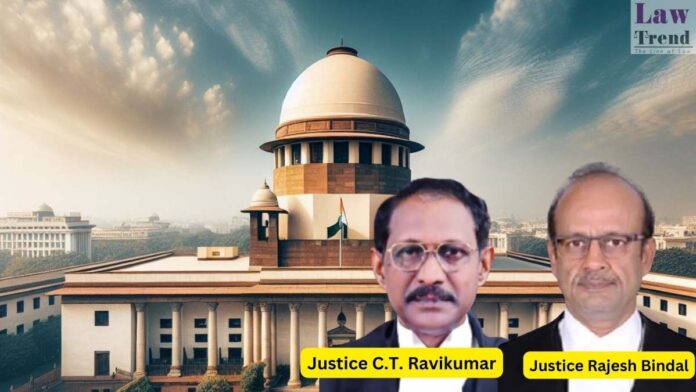In a pivotal judgment, the Supreme Court of India underscored the scope of Section 482 of the Code of Criminal Procedure (Cr.P.C.), emphasizing that petitions seeking the quashing of chargesheets can be filed even before the framing of charges. This decision, rendered in the context of a contentious matrimonial dispute, has significant implications for cases
To Read More Please Subscribe to VIP Membership for Unlimited Access to All the Articles, Download Available Copies of Judgments/Order, Acess to Central/State Bare Acts, Advertisement Free Content, Access to More than 4000 Legal Drafts( Readymade Editable Formats of Suits, Petitions, Writs, Legal Notices, Divorce Petitions, 138 Notices, Bail Applications etc.) in Hindi and English.




